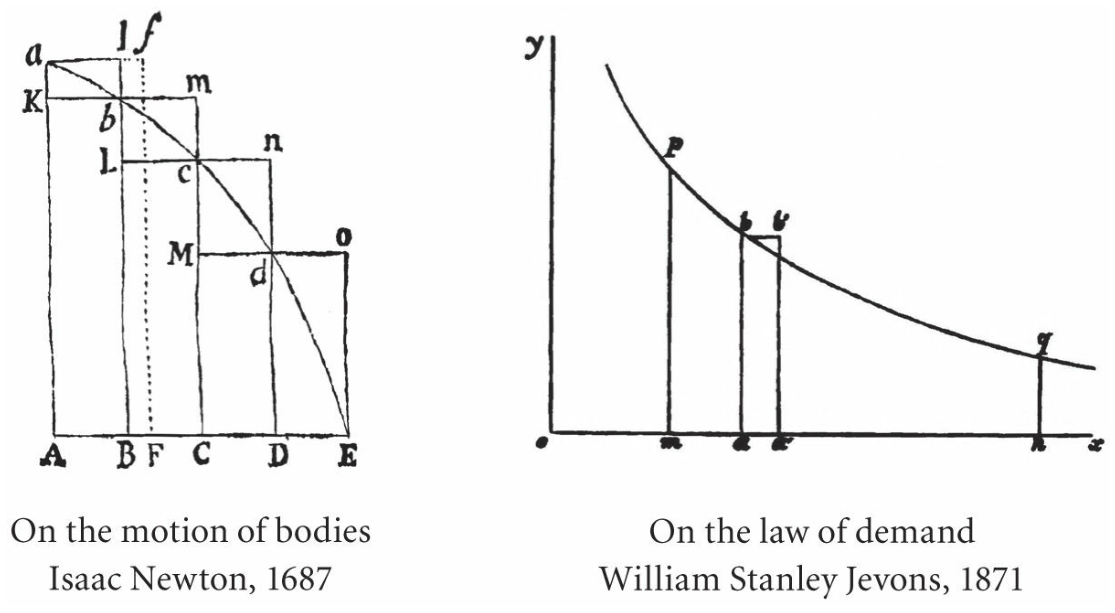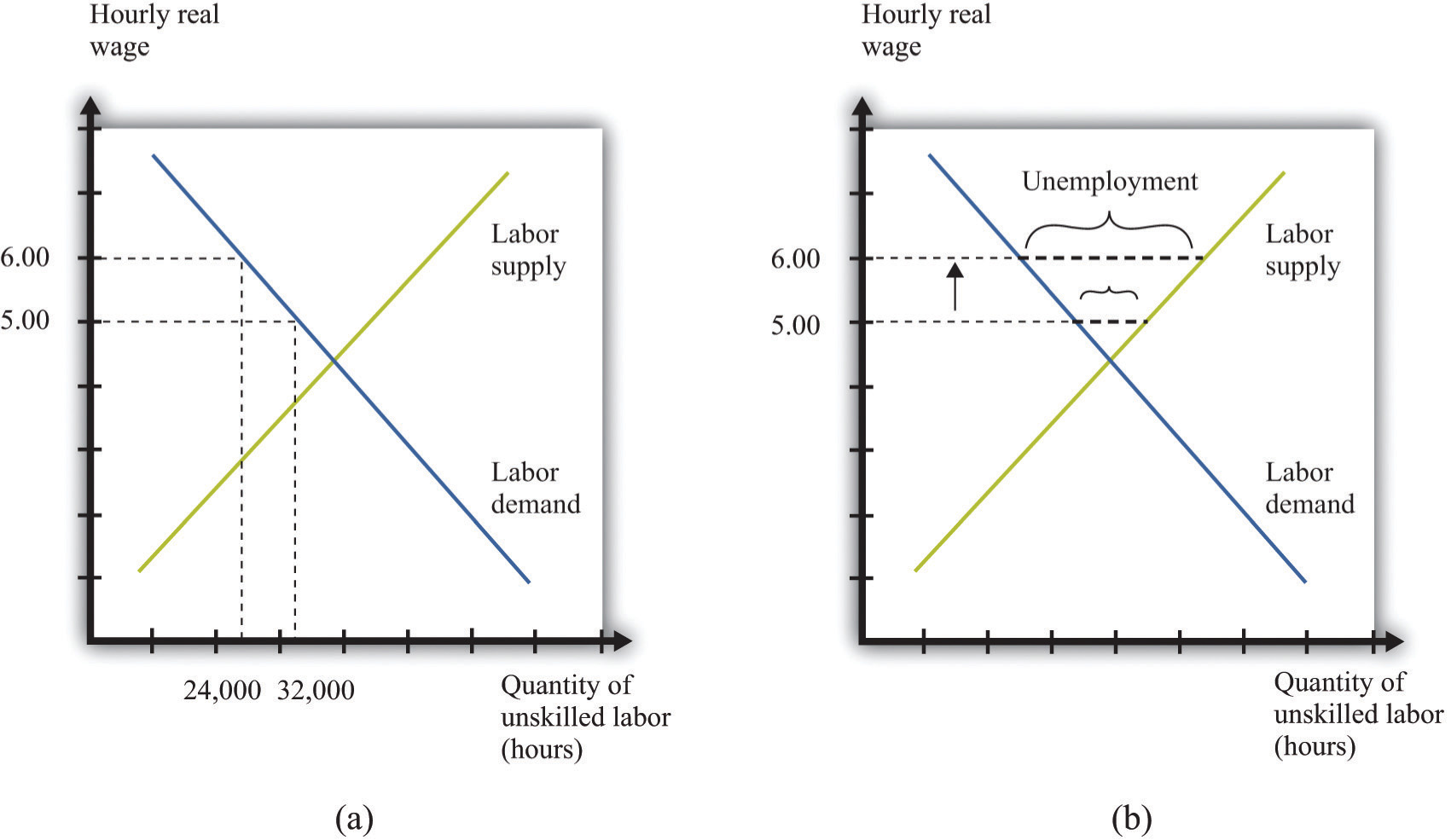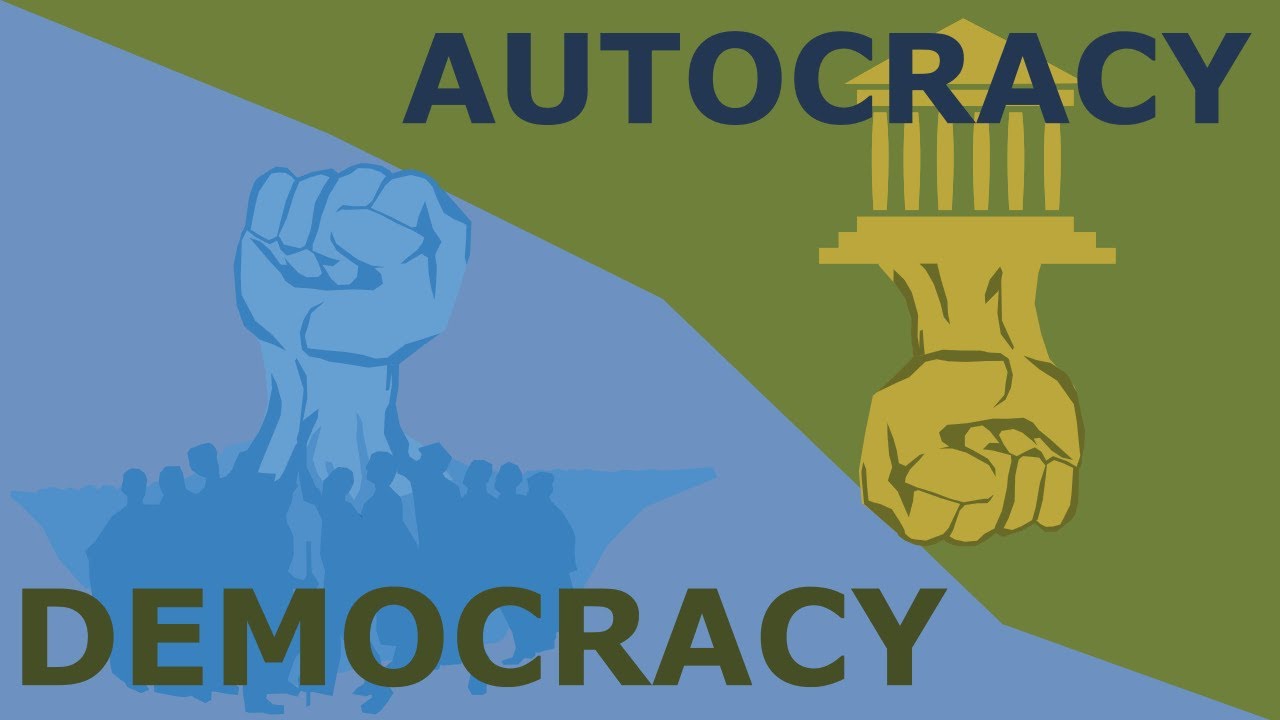Humans are not disconnected from the ecosystem. The wellbeing of animals is also the wellbeing of humans.
star (she)
- 5 Posts
- 32 Comments
so are you gonna say that climate change has no place in marxism because trees cant organise themselves?

 4·1 年前
4·1 年前I would recommend the book Everything for everyone (https://www.commonnotions.org/everything-for-everyone) which is a fictional account of a near future communist New York.
I would also recommend to not try to seek out an unbiased account of communism, which does not exist. There are a lot of assumptions that go into it and will be of course influenced by the authors biases.

 2·1 年前
2·1 年前Im not sure what you mean when you say you don’t want historical content, since that is what documentation is. Other than that there are fictional stories if that’s what you are looking for?

 4·1 年前
4·1 年前Maybe check out Everyday Utopia by Kristen Ghodsee? She writes about different egalitarian communities in history

 20·1 年前
20·1 年前Donetsk and Luhansk are Russian oblasts since 2022

 3·1 年前
3·1 年前Yes. I would say that in the 1980s there was already an understanding formed about the IMF’s role in neo-colonial exploitation and also just considering the fact that the US is its most powerful member.

 24·1 年前
24·1 年前Yeah I totally got that vibe as well
why is settlers a bad book?

 91·1 年前
91·1 年前Seconded. the meme is not worth it

 33·1 年前
33·1 年前All the parks really. Muzeon and Gorky are my favs and you could spend a whole day there, lots of places to relax, to see the museums or to have a meal. Vorob’yevy Gory is also really nice, but it’s a bit of a hike because of the hills. GES-2 is an excellent museum and has a cool design because its built inside of an old power station.
My question would be, why do we want to model supply and demand in the first place? As we see in liberal economics, supply and demand is just used as a justification for pushing deregulation policies. if you want to use the model for other means, the problem is that it’s only useful in markets of perfect competition, which are very rare. perfect competition occurs where there are virtually infinite producers (because the barrier to entry is super low) and the products are identical. i like the example of apples or potatoes in a farmers market. producers have to set the ‘market price’ because otherwise people will buy the other thing that’s the same and cheaper (but then you assume that people don’t have a favourite stall, all the producers haven’t colluded etc etc). most of the time you have a monopoly or oligopoly situation, so supply and demand equilibrium becomes meaningless, because the firms can set any prices they want.
for recommendations, i like unlearning economics I like his debunking of liberal econ (disclaimer that i disagree with his views on market socialism and LTV). check out the ‘death of econ 101’ video for supply and demand stuff. Doughnut Economics which i mentioned is a pretty good debunking of models that advocate for growth and free markets, it’s a light read. it is more focused on sustainability rather than socialism, but i think it’s good at suggesting alternative ways at looking at an economy. for instance as a cycle rather than an intersection of lines (Marx did it first but whatever, i like cool graphs). i would also recommend looking into the field of behavioral economics, since it’s whole purpose is to debunk the liberal claim that people in a market are ‘rational actors’.
i also recommend this course on economics4emancipations website for a brief socialist oriented economics course (not really about debunking though). it has really good readings suggestions as well.
i guess my main point would be just to keep in mind when looking at a model: what does this assume about humans and relations? what is the goal of the person presenting the model? is this model backed up with statistically significant evidence?
sorry for the a bit long reply, it’s my area so i have quite some thoughts on it. would love to answer any more specific questions anytime too
essentially yes. you will can only observe the equilibrium price, and the curves are an abstraction of all the possible interactions of producers and consumers in a competitive market. there are ways of deducing these curves, but they are kinda tautological. also like, the curves were made curves only because it looked like newton’s graphs, which makes them more scientific by association (pic from Doughnut Economics by Kate Raworth).


 6·1 年前
6·1 年前Antonio Gramsci’s work on hegemony could be interesting. These topics are still quite broad, like technology, trends or social media. What information specifically are you looking for? What is your goal?
Changes in supply and demand explain why changes in prices happen (in a perfectly competitive market), not where those prices come from in the first place (see lemmygrabers comment). The issue in liberal economics is applying this model to things that have many more factors (labour, housing). For example saying that minimum wage distorts the market and causes unemployment:
 Clearly policymakers are attempting to depoliticise a very political issue by appealing to economics as if it is a natural science. So as marxists we should be aware of how economics is used in class struggle to justify certain actions. The minimum wage thing was disproven quite some time ago now, but the issue still persists because the model is seen as some common sense.
Clearly policymakers are attempting to depoliticise a very political issue by appealing to economics as if it is a natural science. So as marxists we should be aware of how economics is used in class struggle to justify certain actions. The minimum wage thing was disproven quite some time ago now, but the issue still persists because the model is seen as some common sense.
good luck! it’s quite nice here imho
its not a real country, but we do have a real marxist party
The Marxist Project, Positive Leftist News, Lady Izdihar

 5·1 年前
5·1 年前This is a very complex question because Russians are not homogeneous in their opinions of the west. Speaking from personal experience from people I know and on social media: I would say there are three major groups:
- People who really don’t care. Mostly older population or people outside major population centers. A lot of people just aren’t polarized the same way people are in the west.
- People who want to be like the west. These are usually more upper-class city people (Moscow, St. Petersburg) who consume western media and products, go on vacations to Europe. Also a lot of younger people with good english. This group wants better civil liberties (ala USA), more integration with western organisations (for travel an commerce).
- Then there are people who think the west is awful and Russia is the bastion of wholesome family (christian orthodox) values. They see the problems in the western world, but (without marxist analysis) attribute it to ‘multiculturalism’ and lgbt people. Similar to how right wing groups in the west present the issues.
I would also say that it is mostly unchanged since 2022, maybe just more solidified. There was definitely a shift in 2014, because afterwards the Russian government saw that they cannot cooperate with the west and at the same time maintain their status as a regional power. So since then there was more of a push in the media towards anti western views.
This is what I can think of off the top of my head. Would be happy to answer any follow up questions the best i can






Honestly super proud to be part of PTB. Of course, there is always more work to be done, but the foundation is really solid.